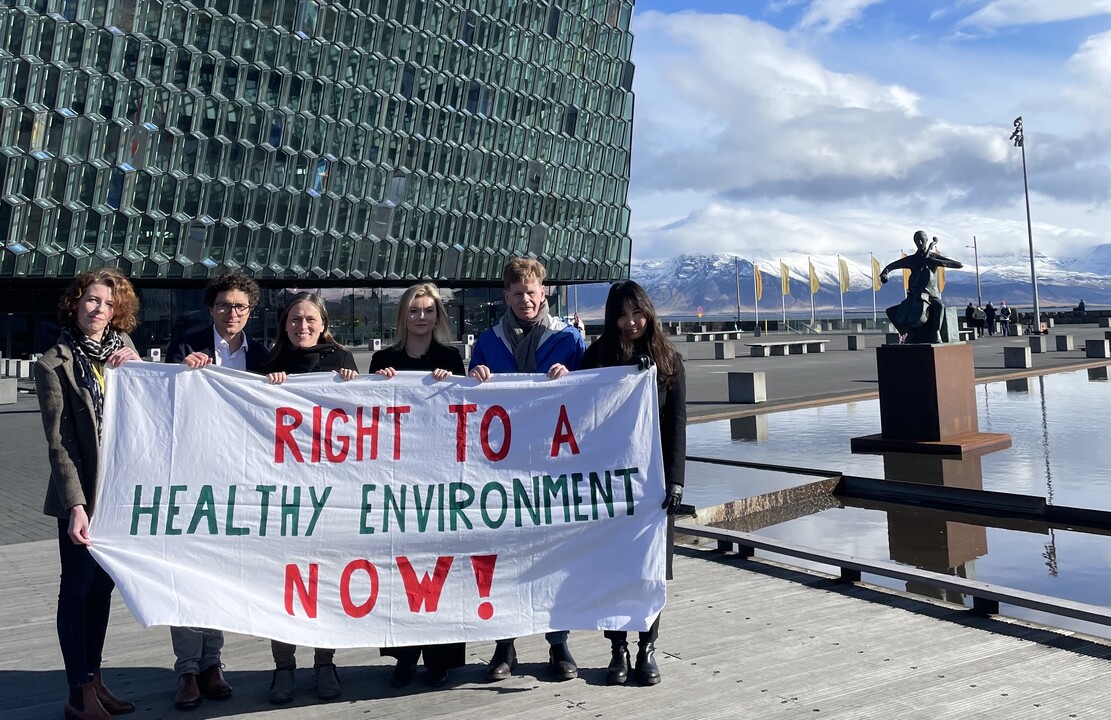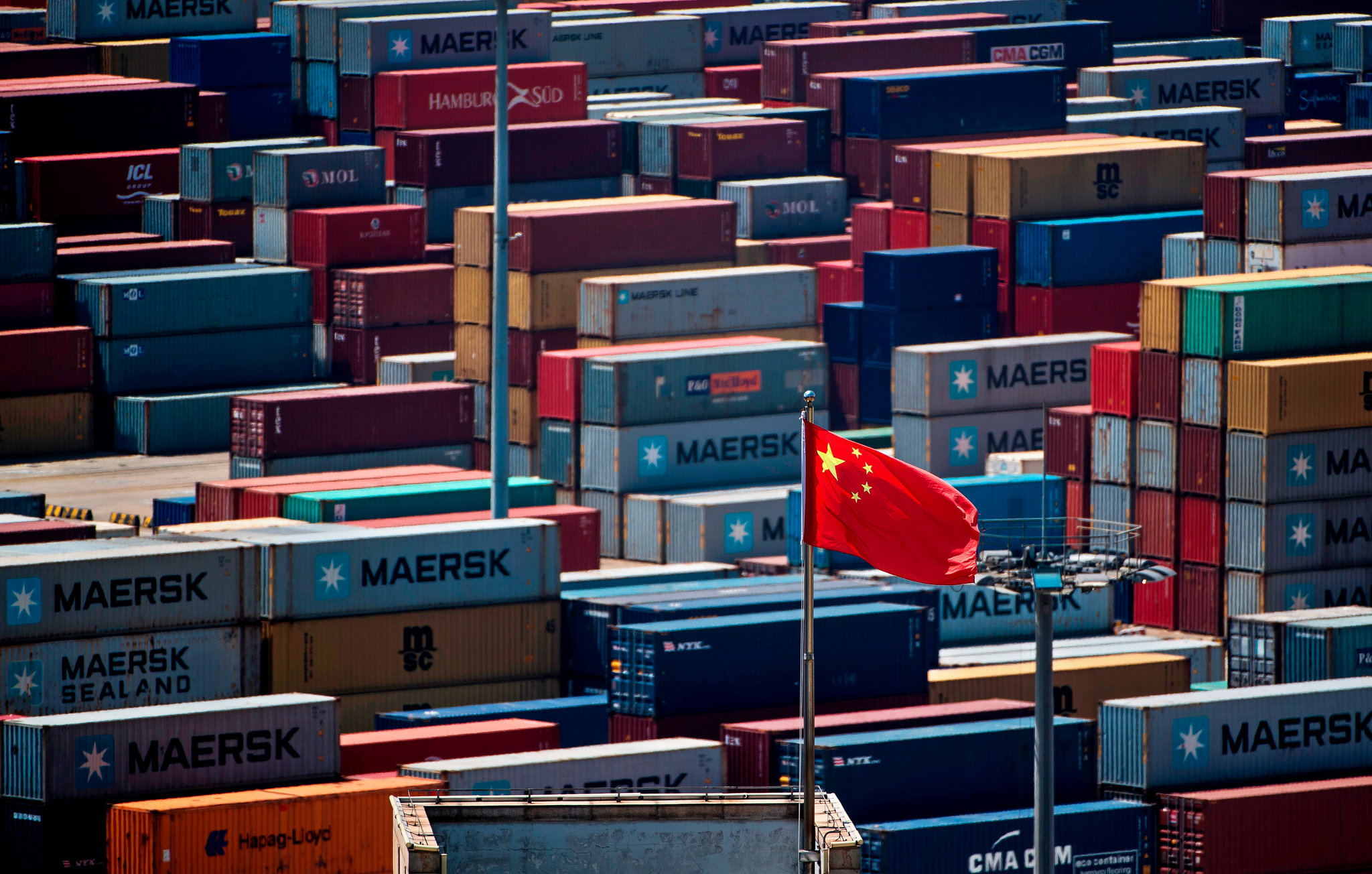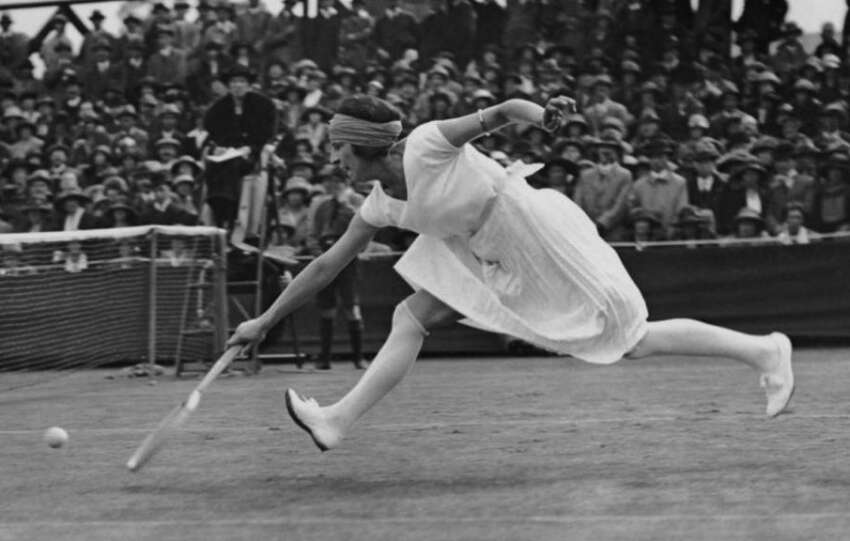Poland's Presidential Runoff: A Litmus Test For Populist Trends In Europe

Table of Contents
The Candidates and their Platforms
The 2020 Polish Presidential Runoff pitted two distinct visions against each other. Understanding their platforms is crucial to analyzing the election's outcome and its implications for "populism in Europe."
Analyzing Andrzej Duda's Platform
Andrzej Duda, supported by the ruling Law and Justice (PiS) party, ran on a platform heavily reliant on populist appeals. His campaign focused on:
- Social Conservatism: Emphasis on traditional family values, opposing LGBTQ+ rights and abortion rights.
- Nationalistic Rhetoric: Strong emphasis on Polish national identity and sovereignty, often presented in opposition to perceived external threats (e.g., the European Union).
- Economic Policies: Promises of continued social welfare programs, often funded through increased government spending and potentially unsustainable fiscal policies.
Duda's core support base included older, more conservative voters in rural areas, along with those who strongly identify with traditional Polish values and are wary of European integration.
Examining Rafał Trzaskowski's Counter-Narrative
Rafał Trzaskowski, representing the Civic Platform (PO), offered a starkly different vision. His campaign prioritized:
- European Integration: A strong commitment to Poland's role within the European Union and a more collaborative approach to European policy.
- Social Liberalism: A more progressive stance on social issues, including LGBTQ+ rights and reproductive rights.
- Sustainable Economic Growth: Focus on economic modernization, investment in infrastructure, and fiscal responsibility.
Trzaskowski's support came predominantly from urban areas, younger voters, and those with a more pro-European outlook. His campaign explicitly challenged the populist narratives advanced by Duda and the PiS party.
The Role of the Ruling Law and Justice (PiS) Party
The Law and Justice (PiS) party played a dominant role in shaping the "Polish Presidential Runoff" election.
PiS's Influence on the Election
PiS employed several strategies to secure victory:
- Control of State Resources: The party leveraged its control of state media and institutions to disseminate its message and control the narrative.
- Targeted Campaign Tactics: PiS employed highly targeted campaigning, focusing on specific demographics and leveraging social media for effective messaging.
- Shaping Public Opinion: The party utilized a combination of state-controlled media and social media campaigns to influence public opinion and present a biased view of their opponents.
PiS's Broader European Context
The PiS party's approach mirrors broader right-wing populist movements across Europe. Their policies and strategies bear striking similarities to those employed by parties like:
- Italy's League: Similar nationalist rhetoric and focus on immigration.
- Hungary's Fidesz: Shared emphasis on national sovereignty and challenging EU institutions.
- France's National Rally: Parallel use of populist appeals and media manipulation.
This interconnectedness highlights the potential for a coordinated, pan-European populist movement, which poses significant challenges to the cohesion and future of the European Union.
The Election's Impact on Poland's Domestic and International Relations
The "Poland's Presidential Runoff" had significant domestic and international implications.
Domestic Implications
The election's outcome could drastically alter the trajectory of Polish society:
- Increased Social Divisions: The highly polarized election further deepened existing social cleavages, potentially hindering social cohesion.
- Judicial Reforms: Duda's reelection could lead to continued attacks on the independence of the Polish judiciary.
- Rule of Law Concerns: Further erosion of the rule of law, potentially leading to conflicts with the European Union.
International Implications
The election had far-reaching implications for Poland's international relations:
- EU Relations: Continued tension and potential conflict with the EU over rule of law and democratic backsliding.
- International Partnerships: Potential strain on relationships with other international partners who value democratic norms.
- EU Cohesion: The outcome could further undermine the cohesion and unity of the European Union.
The Polish Presidential Runoff as a Barometer for Populist Movements Across Europe
The Polish Presidential Runoff offered valuable insights into the broader European political landscape.
Drawing Parallels with Other European Elections
The election mirrored similar trends seen across Europe:
- Rise of Nationalist Parties: The success of populist parties in many European countries reflects a broader shift in political sentiment.
- Anti-EU Sentiment: The growing anti-establishment and anti-EU sentiments in Poland echoed similar sentiments in other member states.
- Use of Social Media: The strategic use of social media to bypass traditional media and reach voters directly mirrored similar strategies in other European elections.
Predicting Future Trends
The outcome of the Polish election offered crucial insights into the likely trajectory of populism in Europe:
- Continued Rise of Populism: The possibility of further success for populist parties in upcoming elections.
- Challenges to EU Cohesion: The potential for further fragmentation and weakening of the European Union.
- Increased Political Polarization: The exacerbation of existing political divisions within and between European countries.
Conclusion: Poland's Presidential Runoff: Key Takeaways and Future Outlook
The "Poland's Presidential Runoff" was far more than a single national election; it served as a pivotal moment reflecting the growing influence of populist movements across Europe. The outcome, regardless of the victor, significantly impacts Poland's domestic trajectory and its relationship with the European Union. The strategic use of state resources, the exploitation of social divisions, and the mirroring of populist tactics across various European nations highlight a concerning trend. To understand the future of European politics, it is crucial to remain informed about the development of these movements. Continue following the ripple effects of "Poland's Presidential Runoff" and similar elections to better grasp the complex evolution of populist trends throughout Europe. Further research into comparative politics and the rise of right-wing populism is highly recommended for a deeper understanding of these critical developments.

Featured Posts
-
 Glastonbury Festival Coach Resale Ticket Release Times And How To Buy
May 30, 2025
Glastonbury Festival Coach Resale Ticket Release Times And How To Buy
May 30, 2025 -
 Us Slaps Massive Tariffs On Southeast Asian Solar Imports Up To 3 521 Duties
May 30, 2025
Us Slaps Massive Tariffs On Southeast Asian Solar Imports Up To 3 521 Duties
May 30, 2025 -
 Roland Garros El Acoso A Los Oponentes De Los Tenistas Franceses
May 30, 2025
Roland Garros El Acoso A Los Oponentes De Los Tenistas Franceses
May 30, 2025 -
 Execs Office365 Accounts Breached Millions Made Fbi Investigation Reveals
May 30, 2025
Execs Office365 Accounts Breached Millions Made Fbi Investigation Reveals
May 30, 2025 -
 Cnns Pete Muntean Tests Air Traffic Control System Failure
May 30, 2025
Cnns Pete Muntean Tests Air Traffic Control System Failure
May 30, 2025
